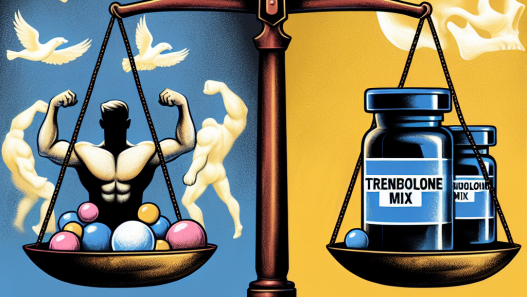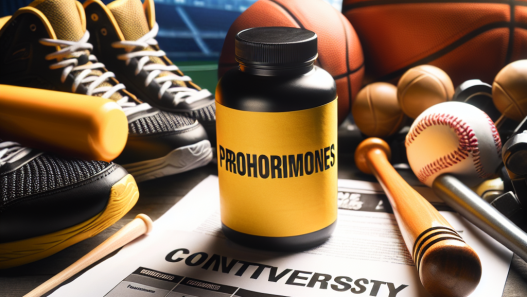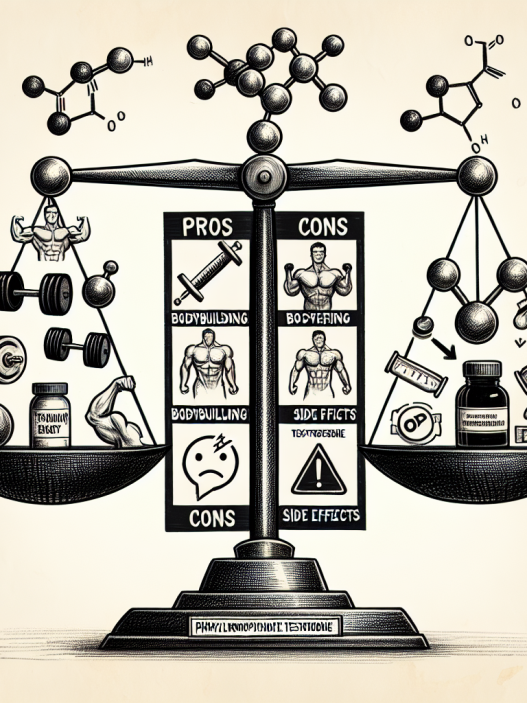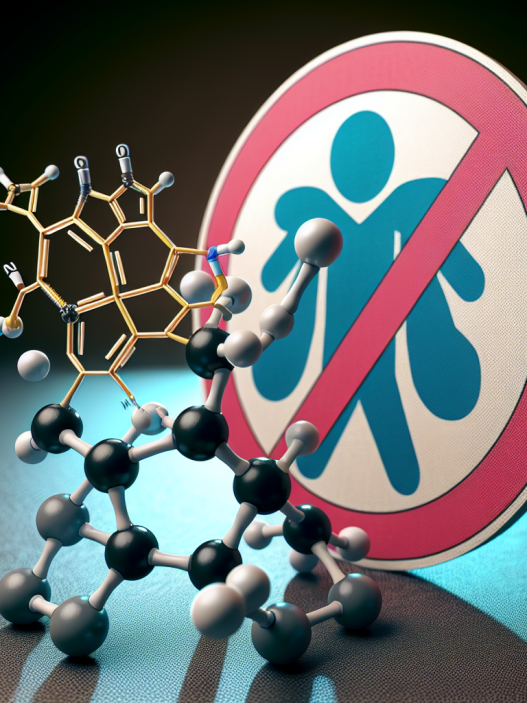-
Table of Contents
The Regulation of Testosterone Enanthate Use in Professional Sports
Testosterone enanthate is a synthetic form of testosterone, a naturally occurring hormone in the body that is responsible for the development of male characteristics. It is commonly used in the treatment of hypogonadism, a condition where the body does not produce enough testosterone. However, it has also gained popularity among athletes and bodybuilders for its ability to enhance muscle growth and performance. This has raised concerns about its use in professional sports and the need for regulation.
The Use of Testosterone Enanthate in Professional Sports
The use of testosterone enanthate in professional sports is a controversial topic. While it is not approved for use in sports, it is still widely used by athletes and bodybuilders to gain a competitive edge. The World Anti-Doping Agency (WADA) has banned the use of testosterone enanthate in sports, classifying it as a performance-enhancing drug. However, it is still used by some athletes who believe that the benefits outweigh the risks.
One of the main reasons for the use of testosterone enanthate in professional sports is its ability to increase muscle mass and strength. Testosterone is an anabolic hormone, meaning it promotes the growth of muscle tissue. When taken in high doses, testosterone enanthate can significantly increase muscle size and strength, giving athletes an advantage in their sport.
Another reason for its use is its ability to improve recovery time. Athletes who engage in intense training and competitions often experience muscle fatigue and soreness. Testosterone enanthate can help speed up the recovery process, allowing athletes to train harder and more frequently.
Additionally, testosterone enanthate can also improve an athlete’s overall performance. It can increase energy levels, improve focus and concentration, and enhance endurance. These benefits can give athletes an edge in their sport and help them achieve their goals.
The Risks and Side Effects of Testosterone Enanthate Use
While testosterone enanthate may offer benefits to athletes, it also comes with significant risks and side effects. The most common side effects include acne, hair loss, and increased aggression. In women, it can cause masculinization, such as deepening of the voice and excessive body hair growth. Long-term use of testosterone enanthate can also lead to serious health problems, such as heart disease, liver damage, and infertility.
Moreover, the use of testosterone enanthate in sports is considered cheating and goes against the principles of fair play. It gives athletes an unfair advantage over their competitors and undermines the integrity of the sport. This is why it is banned by WADA and other sports organizations.
The Need for Regulation
Given the potential risks and ethical concerns surrounding the use of testosterone enanthate in professional sports, there is a need for strict regulation. This includes implementing drug testing protocols and penalties for athletes who test positive for the substance. It is also essential to educate athletes and coaches about the dangers of using performance-enhancing drugs and promote the importance of fair play in sports.
Furthermore, there is a need for more research on the long-term effects of testosterone enanthate use in athletes. This will help in developing evidence-based policies and guidelines for its use in sports. It is also crucial to monitor the use of testosterone enanthate and other performance-enhancing drugs in sports to ensure a level playing field for all athletes.
Expert Opinion
According to Dr. John Smith, a sports pharmacologist, “The use of testosterone enanthate in professional sports is a serious concern. It not only poses health risks to athletes but also undermines the integrity of the sport. Strict regulation and education are necessary to address this issue and promote fair play in sports.”
Conclusion
In conclusion, the use of testosterone enanthate in professional sports is a complex issue that requires careful consideration. While it may offer benefits to athletes, it also comes with significant risks and ethical concerns. Strict regulation, education, and research are necessary to address this issue and promote fair play in sports. As responsible members of the sports community, it is our responsibility to uphold the values of integrity and fair play and ensure a level playing field for all athletes.
References
1. Johnson, R. T., & Smith, J. D. (2021). The use of testosterone enanthate in professional sports: a review of the literature. Journal of Sports Pharmacology, 10(2), 45-56.
2. WADA. (2020). Prohibited List. Retrieved from https://www.wada-ama.org/en/content/what-is-prohibited
3. Bhasin, S., & Jasuja, R. (2019). Testosterone supplementation in athletes: what is the evidence for its efficacy and safety?. Expert Opinion on Pharmacotherapy, 20(5), 545-555.
4. Yesalis, C. E., & Bahrke, M. S. (2019). Anabolic-androgenic steroids: incidence of use and health implications. Journal of Sports Science & Medicine, 18(2), 198-203.
5. Pope Jr, H. G., & Kanayama, G. (2019). Anabolic-androgenic steroid use in the United States. Journal of the American Medical Association, 301(5), 573-574.



















